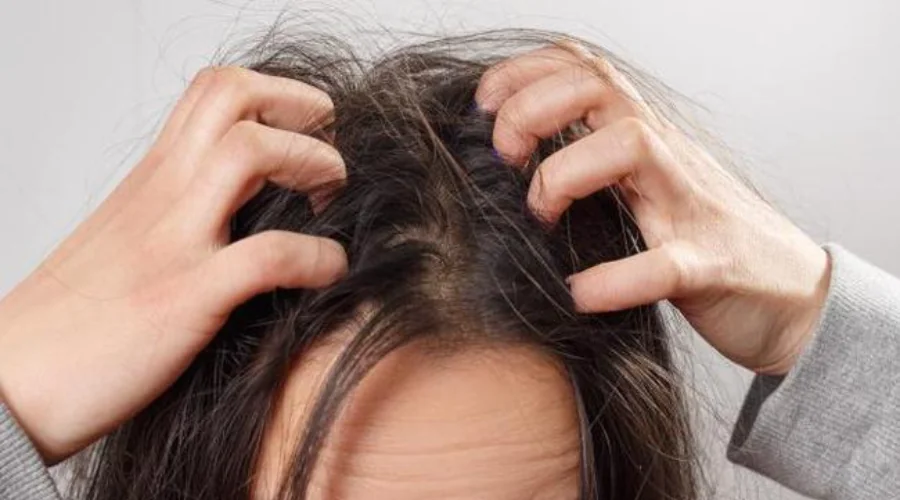
- 02 May
- 2022
Ilustrasi gambar (I-Stockphoto)
UM Surabaya Lecturer; Head Lice Infections Are Vulnerable to Attack During Eid Mudik
Eid al-Fitr or better known as Eid is a moment that is always awaited by every Muslim in all corners of the world. The moment of Eid cannot be separated from the tradition of going home or going home.
After two years in a row, Muslims have passed the Eid moment in a pandemic atmosphere. This year, people are allowed to go home for Eid to their respective hometowns.
In the atmosphere of Eid, the family will usually gather at grandma's house, this makes many families then choose to sleep together in the living room. Sleeping in the same room with many people causes disease transmission, one of which is infection with head lice or in scientific language is known as Pediculus Humanus Capitis
Vella Rohmayani, a researcher who is also a Lecturer in the Bachelor of Applied Technology Medical Laboratory (TLM) Study Program at UM Surabaya, explained that head lice infection is not a serious infection. However, if left untreated it can trigger serious health problems. Because if the infestation occurs continuously or the infection is too long, it will cause the skin to become hard, swelling of the scalp occurs, and fluid formation.
“If the patient scratches the skin after a flea bite, it can cause a secondary infection which results in pustules, crusts, and the process of holding. Sufferers can also experience sleep disturbances and mental depression," said Vella Monday (2/5/22)
Vella explained that Pediculus Humanus Capitis in the community is known as head lice. This species lives in human head hair, it is a parasite because it survives by sucking blood on the human head.
“The presence of this species often makes an infected person feel an extraordinary itch in the hair on the head, sometimes causing a pediculosis infection. Girls are generally more susceptible to getting infected with head lice than boys," he added.
In a written statement, Vella explained that the transmission of the Pediculus humanus capitis parasite was divided into two ways, namely direct transmission and indirect transmission.
According to him, direct transmission can occur through direct contact (from hair to hair) when carrying out activities, such as playing, living, or staying overnight with someone who has head lice. In addition, making physical contact such as touching the head and hugging can also increase the risk of contracting head lice.
While indirect transmission can occur through items used by sufferers such as combs, pillows, towels, hats, headscarves, clothing and other items that have infested head lice.
Vella explained that there are several ways you can do to prevent infection with the first parasite Pediculus humanus capitis, by keeping your hair clean by washing it regularly. Second, avoid head contact when doing activities both inside and outside the home, such as when playing, studying, exercising, especially hugging which can cause the risk of transmitting this parasite.
"Finally, avoid sharing personal items or clothing such as combs, hats, headscarves, ribbons or hair clips, hair ties or headscarves and so on, clean sofas and similar furniture with a vacuum cleaner regularly," he said.










(0) Comments